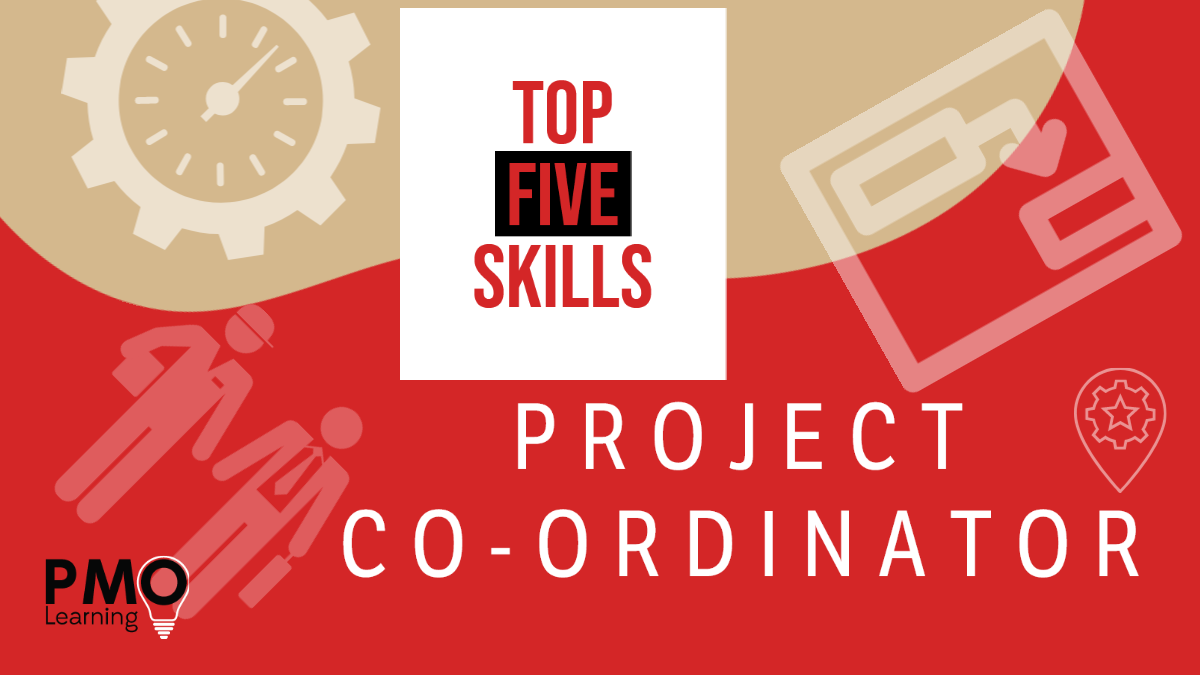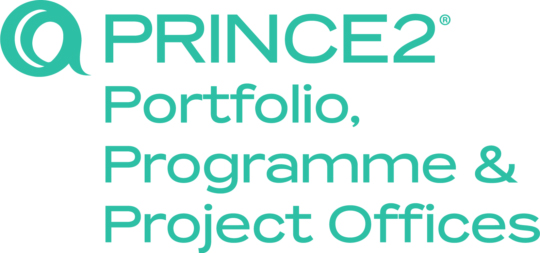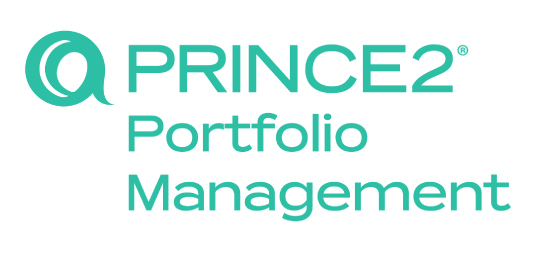The Project Co-ordinator role within project management is an interesting one because it can mean two slightly different roles. The first type of Project Co-ordinator role is one where they are supporting a project and a project manager, much like a project support officer.
The other type of Project Co-ordinator is something much more like an Assistant Project Manager where they are coordinating activities and tasks on a relatively risk-free and uncomplicated project. You tend to see this type of role in areas like IT implementations or telecoms installations. The projects are much more routine – repetitive in nature – almost not a project at all but often called projects because they are unique activities for a client.
In this article we take a closer look at this latter role and uncover the top five competencies for a project co-ordinator (or project coordinator!) – skill areas that you need to concentrate on in order to do the job or, of course, get better at your job.
#1 Co-ordinating Tasks
A Project Co-ordinator’s main task is to get the job done. Co-ordinating people’s time, activities and tasks. Often the role includes a lot of equipment and materials so logistics management comes into the role a lot. There’s the updating of checklists and logs, dealing with work requests and removing the blockers that arise to stop the implementation.
A good Project Co-ordinator is highly organised, able to keep many plate’s spinning as well as being a great administrator and recorder of activity. Projects like these still need an audit trail so there is still a process to manage and follow. They’ll be great at time management and allocating time for others too. If you’re great at this basic skill of being able to co-ordinate many different tasks at the same time, you’ll be well on the way to making a successful career in this role.
#2 Planning
Like any busy project, an understanding and appreciation of the planning process is required. Project Co-ordinators also need to be
able to pull together plans for work activities in order to make their co-ordination of tasks run that bit smoother.
They are expected to pull together basic schedules and create a Gantt chart of the project. They’re also expected to convey those plans to the various people they are co-ordinating. Often this means some translation for those on the team who are less familiar with project management techniques like Gantt charts. That means being able to create checklists and schedules that simplify the process.
Project Co-ordinators also have to stay on top of their plans too – incorporating issues, scope changes, budget problems, resource conflicts and so on.
#3 Project Management Areas
Which leads us nicely onto the wider project management skill areas too. Project Co-ordinators need to understand just as much as a Project Manager does when it comes to project management techniques, processes and methods – the only difference in application is often due to the size and risk of the project – which in this case is a lower level project.
Project Co-ordinators need to understand those fundamentals of project management, like risk management, budgeting, resource management, change control and quality.
Project Co-ordinators are often able to adapt techniques and processes – scaling them to work more efficiently on smaller less risky projects. There are often times when a Project Co-ordinator will adapt an existing process or template, creating something much simpler and easier to use. This means incorporating the knowledge from training, the on-the-job experience and recognising where there may be process bloat in their project.
#4 Third Party / Supplier Interaction
 Due to the nature of these types of projects having much more equipment being ordered and installed, it stands to reason that the Project Co-ordinator will be expected to have much more interaction with suppliers and third parties to the project. Procurement, managing the budget, organising the logistics, dealing with the contracts and allocating third-party resource time are just some of the areas that the Project Co-ordinator will become involved in.
Due to the nature of these types of projects having much more equipment being ordered and installed, it stands to reason that the Project Co-ordinator will be expected to have much more interaction with suppliers and third parties to the project. Procurement, managing the budget, organising the logistics, dealing with the contracts and allocating third-party resource time are just some of the areas that the Project Co-ordinator will become involved in.
The more experienced Project Co-ordinator will have the necessary authority levels to sign the contract and approve the work. Additional training is highly recommended in legal and commercial areas.
#5 Central Point of Contact
A Project Co-ordinator brings together all these skills mentioned so far and recognises that they are the central point of contact for many different types of people, both inside and outside their own organisation. These different types of stakeholders require different types of relationships and any good Project Co-ordinator will be conscious of their own communication and relationship building skills.
One minute they can be dealing with a client query, the next a supplier who is running late, then a service operator without the right tools to do the job or a senior manager wanting the latest status report on where the project is at. Just like any role in project management, we know the people side of projects are where we should concentrate most of our efforts and for Project Co-ordinators that can mean developing and honing skills such as conflict management, negotiation, motivation and generally being a decent person that anyone on the project is happy to serve and support.
Project Co-ordinator roles have often been seen as an entry-level role into being a Project Manager, but perhaps you can see that actually the role demands quite a bit of project management skill already. The only difference between this kind of Project Co-ordinator role and that of a Project Manager is how risky and complicated the project is. When it’s an established process and a repetitive type of project, Project Co-ordinators carry out the role perfectly well.
A great course to get you started on this career path is the Essentials for PMO Administrators course; which will allow delegates to gain the essential knowledge and understanding to undertake the role of a PMO Administrator, demonstrate a greater understanding of projects, programmes, portfolios and the PMOs, and understand and articulate the core roles and responsibilities of a PMO Administrator role.
Enjoying Our Blog?
Sign up and receive all our articles (we’ll send you an update once a week!) plus special offers and events:








